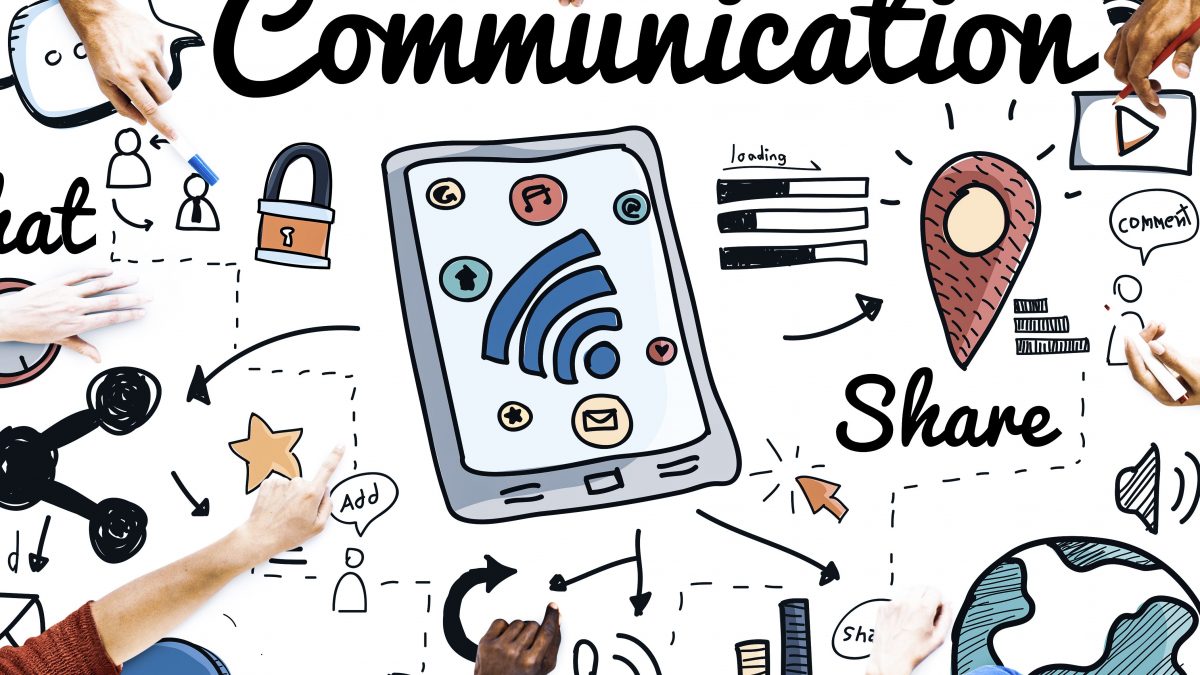
EMAIL ATTACK? Cyberattack.
December 16, 2020
The AMAZON Effect
December 16, 2020COMMUNICATION IN THE GLOBAL FREIGHT – “you will hear my camel steps, that is the sign that I’m waiting for you outside! Ok? Sure. Sure? Wait- WHAT???
A single shipment generates up to 300 interactions. BOOM.
Did you ever talk on the same day with five different people how speak other languages, with different cultures in different time zones? If you did, you must be from the neighborhood of global freight.
Effective communication is a crucial element in the global freight industry, and any misunderstanding can lead to delays and financial losses.
Communicating is what we do to move cargo from point A to B. shippers-FF-shipping lines-ports-end users. All must communicate clearly and, in the context, to have a successful supply chain.
And that is the reason global freight has its own “trade language” – INCOTERMS. Incoterms’ purpose is to provide a common interpretation for the different trade terms used in international trade. In other words – it’s a risk & expenses “pass indicator” between buyer and seller.
Lack of clear communication slow down the process and expose buyers & sellers to extra costs and disruptions in the supply chain.
While effective communication will increase productivity, improve staff morale, and minimize rework and errors in operations.
Who can I improve communication with to avoid extra costs and delays?
Communicate clear and in context
Make information & FAQ accessible for internal & external use
Create open dialogs and keep the vision clear
Encourage information sharing
Make sure the other side understood
Keep the relevant people in the loop.
To learn more about how to communicate in the global freight industry, Visit us at www.cargozone.ai
Cargozone, where freight happens.




